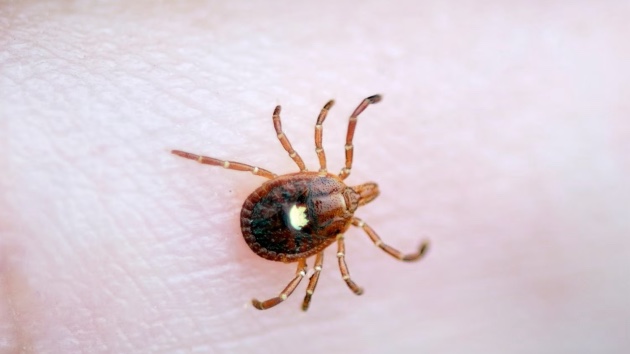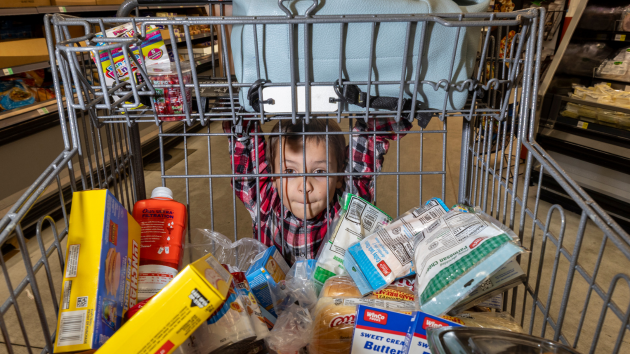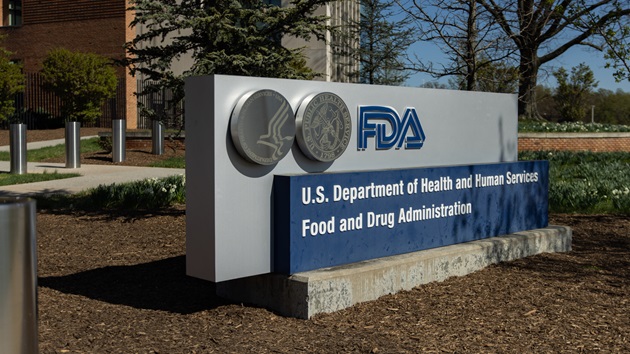What are the latest COVID protocols amid rising cases and hospitalizations?
Written by ABC Audio ALL RIGHTS RESERVED on September 9, 2023

(NEW YORK) — As COVID-19 cases and hospitalizations rise across the United States, many Americans may be wondering how to best keep themselves and their loved ones safe.
In the years since the pandemic began, protocols and recommendations from the Centers for Disease Control and Prevention have been updated as new information and interventions have become available.
ABC News spoke to public health experts about what’s the latest to know about vaccine availability, when to test, who should receive treatment and if people should be masking in any situations.
“COVID-19 has never really left us,” Dr. Graham Snyder, medical direction of infection prevention and hospital epidemiology at the University of Pittsburgh Medical Center said. “There have been ups and downs throughout the pandemic…but with this uptick, we’re seeing that steady churn pattern again where there’s a mix of variants and the variants are constantly changing and reemerging.”
“But the disease itself — and, for the most part, the impact that the virus has on us — is much the same as it’s been for the last year plus,” he continued.
Which vaccines and boosters are available?
The U.S. Food and Drug Administration is soon expected to greenlight updated boosters targeting currently circulating COVID subvariants.
This will be followed by a meeting of the CDC’s advisory committee, scheduled for Sept. 12, who will they vote on whether to approve, and the final step will be a sign off from CDC director Dr. Mandy Cohen.
Provided there are no hiccups, this should make the boosters available by mid-to-late September.
Data from Moderna has shown the new boosters offers additional protection against EG.5 and FL.1.5.1 — which are currently the two most prevalent variants — and against the newer variant BA.2.86,
The experts have said that most people can wait to get the updated booster but specific groups who are not up to date may want to consider getting vaccinated sooner.
“I’ve been telling people who are medically vulnerable, older people, if they’re not up to date on their vaccines now and there’s a chance that they could be exposed to the virus in between now and next week, it’s probably best that they get the vaccine that they that they can get today,” Dr. Denis Nash, a professor of epidemiologist at the City University of New York School of Public Health, told ABC News.
For people who are not up to date who want to receive a primary series first, they can receive either one of three vaccines, made by Pfizer-BioNTech, Moderna or Novavax.
When should I take a test?
CDC guidelines recommend that people take a COVID test if they are experiencing symptoms or if they were exposed to someone with COVID.
Those with symptoms should take a test right away and those exposed should take a test a full five days after the last interaction with the positive person.
If someone tests positive, they don’t need to take a confirmatory PCR test but should stay home and isolate, experts say. They should stay home for five days and can end isolation if they have no symptoms, if symptoms are improving or are fever free for 24 hours without medications.
Those who were positive should wear a mask for 11 days when indoors and around others at-home in public and those exposed should do so for 10 days.
Nash said that if someone has symptoms and they test negative on an at-home rapid test, they shouldn’t assume they don’t have COVID.
“If your symptoms are persisting, it’s possible that it’s still COVID and you need to test again a day or two later, just to be sure,” he said. “And also, I would add, if it’s not COVID, you still might have something that you don’t want to spread to your loved ones who might be vulnerable.”
Who is eligible for treatment?
Not everybody needs to be treated if they test positive for COVID-19.
Dr. Sarah Hochman, a hospital epidemiologist and infectious diseases physician at NYU Langone Health, said treatment is recommended for those who are at higher risk of severe illness including those who have underlying lung disease, underlying heart disease, are immunocompromised, are very young or aged 65 and older.
There are currently three treatments available, according to the CDC. Two of them — Paxlovid and Lagevrio — are antivirals taken orally at home. The third, Velkury (remdesivir), is an IV infusion taken at a healthcare facility for three consecutive days.
However, the CDC and experts stress that these medications should be taken as soon as symptoms start.
“We know these treatments are most effective if they’re given earlier in the disease, so it’s important as soon as you have symptoms that might be a respiratory virus infection and ask your doctor about treatment,” Snyder said.
Should I be masking?
Currently, the CDC only recommends wearing a high-quality mask or respirator if the COVID-19 hospital admission level where someone lives is in the high category and says certain high-risk groups should consider masking.
Hochman said data shows masks are effective at reducing the odds of contracting COVID or spreading it to others, but she believes that people should assess their own risk tolerance when it comes to wearing masks in public.
“I think it’s really up to the individual and how much what their comfort level is in potentially either being exposed to COVID or exposing others to COVID,” she said. “It’s a risk benefit decision that people can make.”
However, Snyder said people should consider masking in high-risk settings, such as being in crowded indoor settings or areas with poor circulation, and in healthcare settings.
“Obviously, in the healthcare setting, it’s very particularly important for us to provide a safe setting for people to get care,” he said. “We have a different threshold as well for masking in healthcare settings and that’s why we’re starting to hear reports…about hospitals adopting universal masking, again.”
Snyder added, “I don’t know if there was one right approach to that. Always in healthcare, we’ve made an assessment and put in place protection, depending on the level of risk that our community has seen. So, it’s understandable that there might be some variation in hospitals adopting or not yet adopting that approach.”
Copyright © 2023, ABC Audio. All rights reserved.
 KVSP
KVSP 




